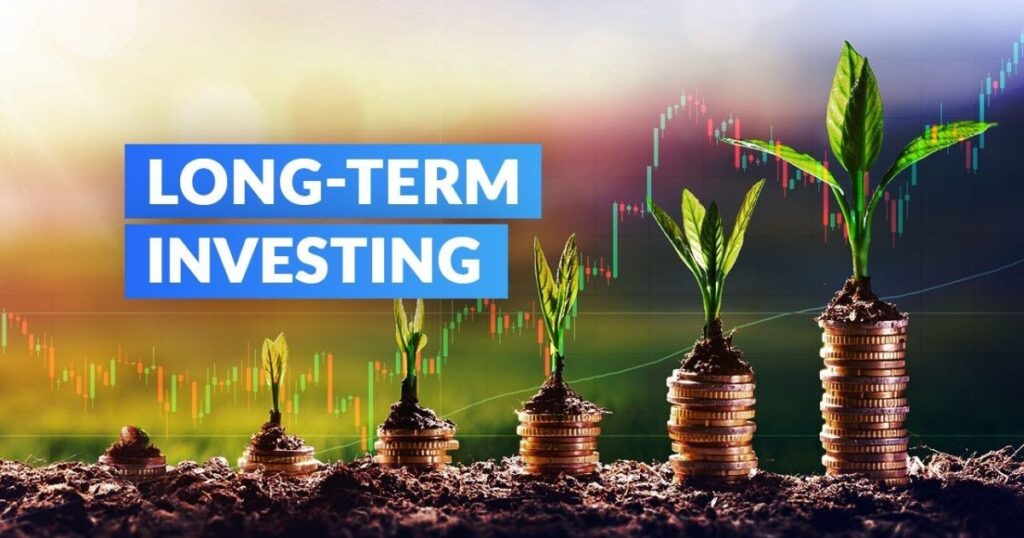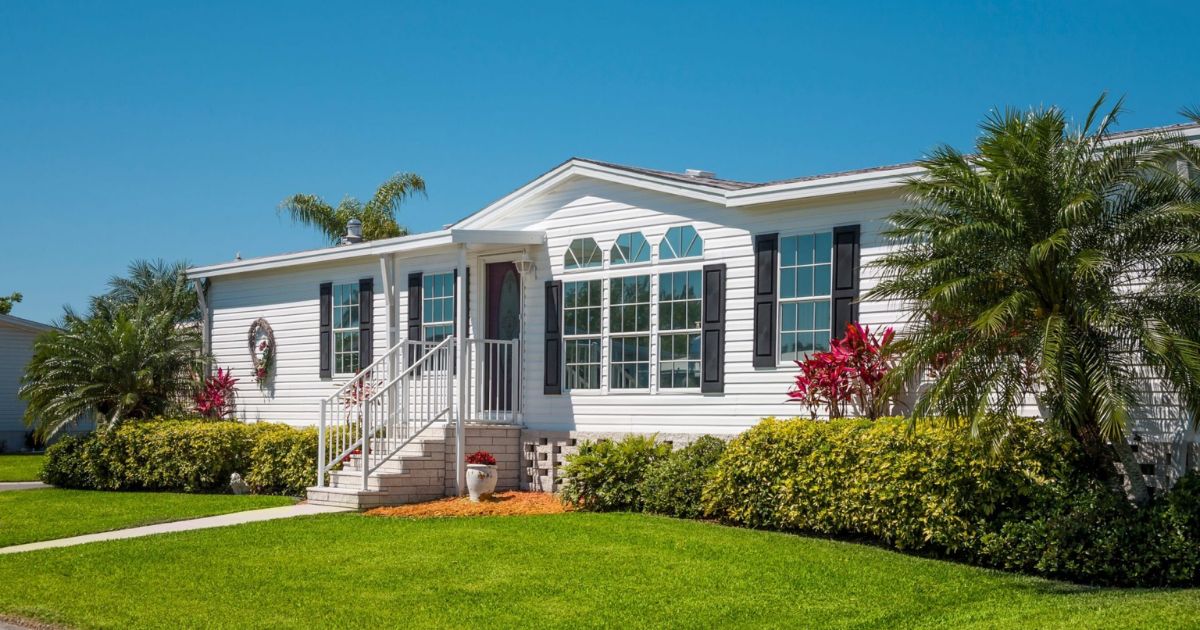The real estate market in 2024 is shifting. Investors are exploring new opportunities to maximize returns, and mobile home investment is becoming a hot topic. As the housing affordability crisis grows, more people are looking for cheaper living options.
But the question remains: Is buying a mobile home a good investment in 2024? In this blog post, we’ll break down the pros and cons, financial factors, and long-term potential of investing in manufactured homes and mobile home parks.
Understanding Mobile Homes
Mobile homes, also known as manufactured homes, are built off-site and then transported to their permanent location. These homes offer flexibility, and affordability, and are often seen as a solution to the urban sprawl issue. For many investors, they provide a unique opportunity to enter the real estate market without the high upfront costs of traditional properties.
However, mobile home investment comes with its own set of challenges. Unlike typical real estate, mobile homes may face depreciation over time. This means that, unlike traditional homes that often appreciate, mobile homes can lose value. Investors need to weigh this factor carefully before making a purchase.
Affordability and Initial Investment

One of the most attractive aspects of mobile home investment is the lower initial cost. Compared to single-family homes, manufactured homes are significantly cheaper, making them an appealing option for those with limited capital. A well-located mobile home could cost between $50,000 and $100,000, a fraction of what you’d pay for a traditional house.
While the affordable housing aspect is appealing, it’s essential to consider the overall cost. Installation fees, site preparation, and necessary permits can add thousands to your investment. Additionally, while these homes are affordable, some financing options like chattel loans may have higher interest rates compared to standard mortgages. This could affect your cash flow and long-term profitability.
High Demand and Rental Potential
The housing affordability crisis in the USA has led to a spike in demand for mobile homes. People are searching for cheaper alternatives, which makes mobile homes a viable rental option. Mobile home parks also have great rental potential because they cater to tenants who cannot afford traditional homes but still want their own space.
Many investors see this demand as an opportunity to generate steady rental income. However, it’s important to remember that tenant satisfaction plays a critical role. Property management in mobile home parks involves maintaining the site, managing utilities, and ensuring that tenants have a positive experience. Happy tenants stay longer, reducing vacancy rates and boosting profitability.
Financing and Insurance Challenges

While mobile homes are affordable, securing financing can be more difficult. Unlike traditional real estate, mobile home investment often requires a different type of loan known as a chattel loan. These loans typically come with higher interest rates because the home is considered personal property rather than real estate.
Insurance challenges also arise because manufactured homes are often seen as higher risk. They may be more susceptible to damage from weather events, and thus, insurance premiums are usually higher. Understanding these financial constraints is vital before entering this market.
Depreciation and Stigma
A significant downside of mobile homes is depreciation. Unlike conventional homes that can appreciate, mobile homes often lose value over time. This can make long-term investment strategies more difficult unless you own land under the home, which might appreciate independently.
Additionally, there is still some stigma attached to living in or investing in mobile homes. While modern manufactured homes have improved in quality, some people still view them negatively. This could affect both tenant relations and resale value, making it harder to sell or attract high-quality tenants.
Zoning and Regulatory Challenges
Zoning laws are another critical factor to consider when investing in mobile homes. Local governments may have strict rules about where mobile home parks can be established. In some areas, zoning restrictions can make it nearly impossible to set up a new mobile home park.
Additionally, regulatory changes could impact the mobile home investment landscape in the future. Investors must stay updated on advocacy efforts and new laws that could either help or hinder their ability to generate profits from mobile homes.
Long-Term Investment Strategy

Despite the potential for depreciation, a solid long-term investment strategy can still make mobile homes a wise choice. For instance, buying land and renting out multiple manufactured homes can generate significant cash flow. Moreover, focusing on improving operational efficiencies such as reducing maintenance costs or using technological advancements for property management can help investors maximize their return.
Some savvy investors are turning to sustainability and renewable energy solutions to make mobile home parks more eco-friendly. This could not only reduce costs but also attract environmentally-conscious tenants, increasing the rental potential of the property.
Market Trends and Future Outlook
The future looks promising for mobile homes in 2024. With the rising costs of traditional homes and an ongoing housing affordability crisis, the demand for manufactured homes is expected to grow. Emerging markets are also providing new growth opportunities for investors willing to explore areas where mobile homes are just becoming popular.
However, understanding demographic trends is essential for making smart investment choices. Younger generations are more open to living in mobile home parks, and as more people seek out affordable housing options, the market will continue to expand.
| Traditional Homes | Mobile Homes |
| Higher Initial Costs | Lower Initial Costs |
| Potential for Appreciation | Higher Depreciation Risk |
| Easier Financing | Financing Challenges |
| Lower Insurance Costs | Higher Insurance Costs |
| Long-Term Investment Potential | Shorter Investment Horizon |
Sustainability and Environmental Impact
Mobile homes, especially newer models, are designed with energy efficiency and eco-friendly materials in mind. These innovations are critical in reducing the environmental impact of housing. In some cases, mobile homes have less environmental footprint than traditional homes due to their smaller size and renewable energy options like solar panels.
With growing concerns about environmental stewardship, investing in green initiatives could be a smart move. Not only would this appeal to eco-conscious tenants, but it would also lower long-term utility costs, improving your overall profit margins.
Diversification and Risk Management
One of the key advantages of mobile home investment is the opportunity to diversify your real estate portfolio. With lower upfront costs and high rental potential, mobile homes allow investors to spread their risks across different types of properties.
At the same time, it’s essential to have a solid risk management plan in place. This includes understanding market trends, maintaining the property, and ensuring you’re up-to-date with regulatory changes. By mitigating these risks, you can protect your investment for the long term.
Also, read this: Patriot Mobile Pros and Cons: What You Need to Know
Conclusion
Is buying a mobile home a good investment in 2024? It depends on your strategy, risk tolerance, and ability to navigate challenges like depreciation, financing, and insurance issues.
However, with the right planning and approach, mobile home investments offer a unique opportunity to tap into a growing market and generate strong returns. Considering all aspects from community development to environmental impact, you can make a well-informed decision that fits your investment goals.












